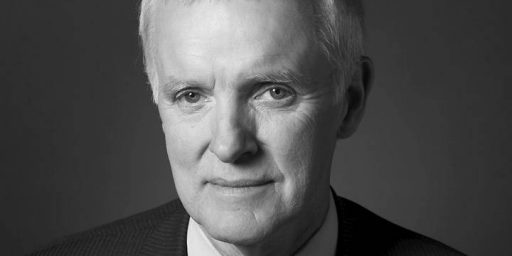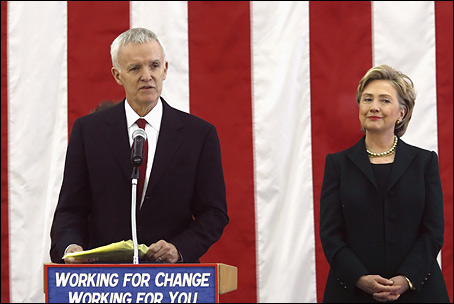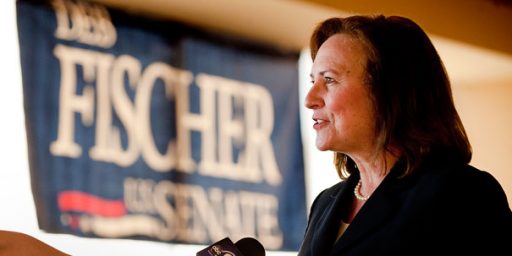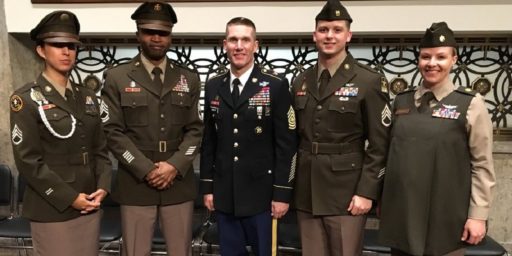Few Veterans Among Likely 2012 Presidential Candidates
Politico notes this morning that the 2012 election is likely to be the first in quite some time where neither major party nominee had ever served in the military:
The resumes of the Republicans most frequently mentioned as potential presidential candidates are studded with impressive accomplishments and experience at the highest levels of government.
Yet, nearly all of them are missing a tour of duty that for much of American history has been a prerequisite for the presidency: military service.
Of the 16 top GOP presidential prospects for 2012, only Rep. Ron Paul and Texas Gov. Rick Perry have ever served in the Armed Forces. Since President Barack Obama also never served in the military, the odds are that in two years, Americans are likely to cast their votes in the first presidential race in nearly 70 years where neither major party nominee has ever worn the nation’s uniform.
The last time that happened was 1944, when New York Republican Gov. Thomas Dewey lost to President Franklin D. Roosevelt, who had been crippled by polio.
Of course, Roosevelt had served as Secretary of the Navy before, during, and after World War I, and Dewey missed service in both World Wars I and II due to his age.
However, is the lack of military service on the part of a prospective candidate really a big deal ?
Vietnam Veteran and former Senator Bob Kerrey doesn’t think so:
Former Sen. Bob Kerrey (D-Neb.), a Medal of Honor winner who lost part of his leg in Vietnam, points out that while the scenario once might have seemed highly unusual, such a small percentage of the population now serves in the military that few voters care whether a presidential candidate has served in the military.
“I don’t see a lot of evidence that it matters to voters anymore,” Kerrey said. “We have an all-volunteer force now. … Once people didn’t have real skin in the game, they began to lose interest.”
James Joyner made the same point a few months ago when many took note of the fact that the retirement of John Paul Stevens would mean that there were no veterans on the Supreme Court, and we’ve seen the same phenomenon in the Legislative Branch:
In 1971, there were 398 veterans serving in the House and Senate. By 1981, it had fallen by roughly a quarter to 298, according to the Congressional Research Service. There will be just 113 veterans in the 112th Congress when it convenes in January, down from 121 in the current Congress.
This is really just a reflection of the fact that military service is no longer something that is broadly experienced by the public as a whole, even during wartime. The elimination of the draft in the mid-1970’s meant that fewer people would find themselves in uniform at some point in their lives. Therefore, the potential pool of candidates for political office is now less likely to contain veterans. It’s neither a good nor a bad thing, it’s just a fact of life.






“President Franklin D. Roosevelt, who had been crippled by polio.”
FWIW, and just for the record, FDR contracted polio when he was 39, so that was not the reason he didn’t serve.